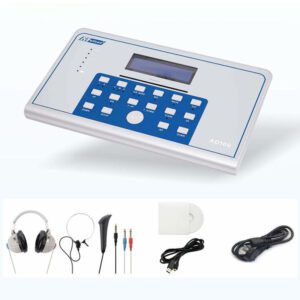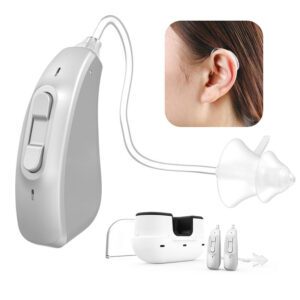Yes, mild hearing Loss can often be effectively managed and improved with the use of hearing Aids, although it may not be “corrected” in the same way vision is with glasses or contact lenses. hearing loss, particularly sensorineural hearing loss — the most common type — usually results from damage to the tiny hair cells in the inner ear. This damage is often permanent, meaning hearing cannot be restored to its original state. However, hearing aids can greatly improve how well someone hears and communicates, especially when the hearing loss is mild.

hearing Aids work by amplifying sound, making it easier for the ear and brain to detect and process speech and environmental sounds. Modern hearing aids are small, discreet, and highly advanced. They can be programmed to match the specific hearing profile of the user, amplifying only the frequencies that are most affected. For individuals with mild hearing loss, this can mean improved clarity in conversations, better awareness of surrounding sounds, and a reduced sense of isolation in social settings.
Early intervention is important. Using a hearing aid early on helps keep the brain engaged in processing sound, which can prevent auditory deprivation — a condition where the brain “forgets” how to interpret certain sounds due to lack of stimulation. Many people with mild hearing loss delay treatment, believing their hearing isn’t “bad enough” yet, but addressing the issue early can preserve communication skills and overall quality of life.
In summary, while mild hearing loss cannot be fully reversed, hearing aids provided by audiologists or hearing healthcare professionals are a highly effective way to manage it.


